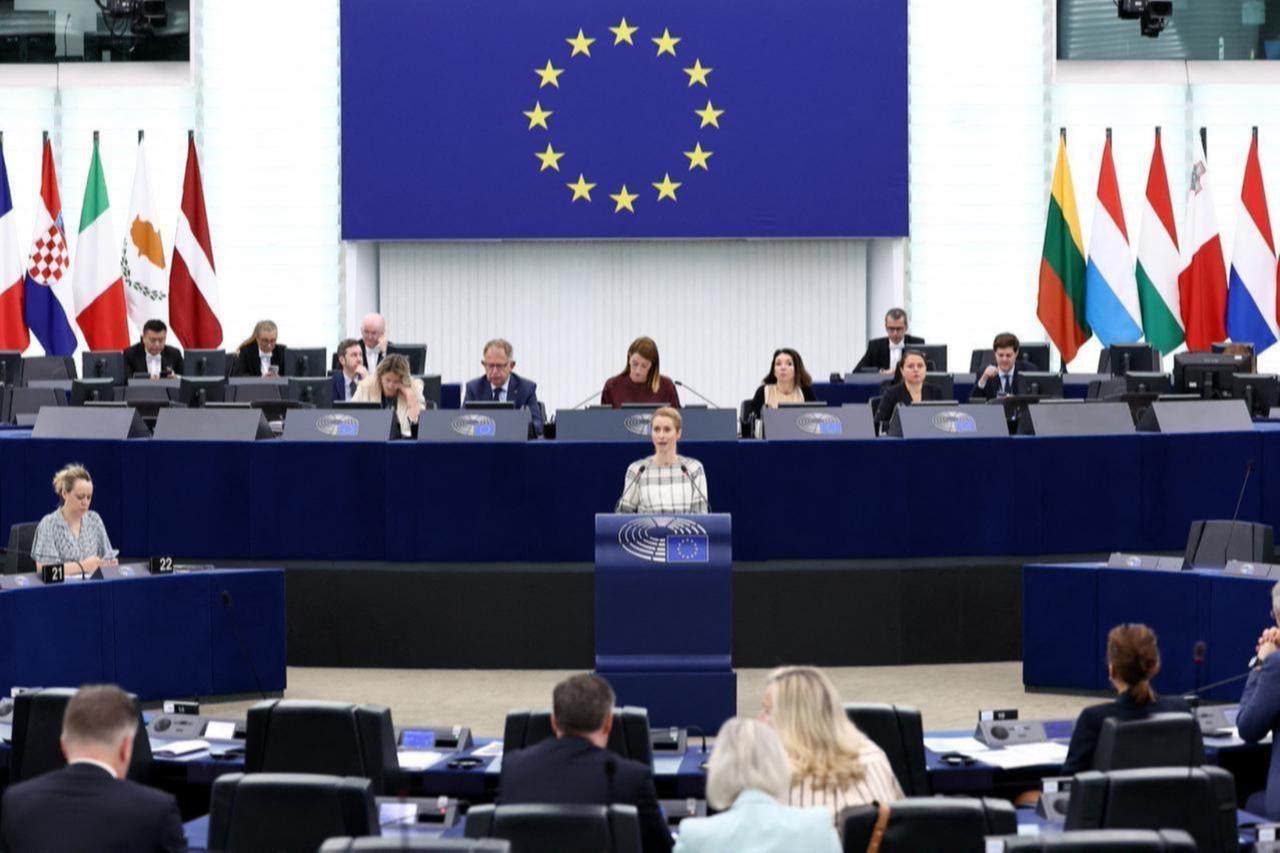
Google announced Tuesday it would invest 5.5 billion euros ($6.4 billion) in Germany through 2029, marking the tech giant's largest commitment to the country as Europe works to narrow its deficit in artificial intelligence capabilities.
The investment plan centers on data center construction and expansion in Hesse, a western German state, alongside office growth in Berlin, Frankfurt and Munich. Google said the projects would support approximately 9,000 jobs annually.

The announcement came days after chip manufacturer Nvidia and Deutsche Telekom revealed plans for a 1 billion-euro computing hub in Munich designed to accelerate AI adoption across European industries.
German Chancellor Friedrich Merz, whose coalition government took office this year, appeared alongside Google executives for the announcement. "We are driving growth in Germany," Merz said. "Our country is and will remain one of the most attractive places for investment in the world."
Germany's economy has faced persistent headwinds, making the foreign investment particularly significant as Merz's administration attempts to revitalize the digital sector while traditional manufacturing industries confront mounting challenges.

The investments highlight Europe's position in global AI development. As of last year, European data centers operated with 16 gigawatts of computing capacity—substantially behind the United States' 48 gigawatts and China's 38 gigawatts, according to digital business association Bitkom. By 2030, Germany's data center capacity is projected to increase 70 percent, Bitkom reports.
Google's German expansion includes environmental initiatives, such as purchasing renewable wind and solar power and implementing a heat recovery system that would redirect excess warmth from data centers to nearby residents.
"Google is deepening its roots in Germany, extending our investments in the country and creating new avenues for AI-driven transformation," said Philipp Justus, Google's country manager for Germany.
The U.S. tech presence in Europe has sparked debate over data sovereignty, particularly as tensions between Washington and Brussels have intensified since President Donald Trump's return to office. European officials have increasingly advocated for storing regional data domestically under European regulations rather than entrusting it to American companies.
Google addressed these concerns in its announcement, emphasizing it offers "sovereign" cloud computing allowing customers to adopt "AI capabilities, while adhering to local requirements and European values."
Kristina Sinemus, a senior Hesse official overseeing digital affairs, dismissed binary thinking about data security risks. "We don't automatically hand over all the data to the US with a US investor," she said, noting that agreements can ensure data remains within Germany's borders. "We need to stop thinking in black and white terms, because it's a bit more complex than that."